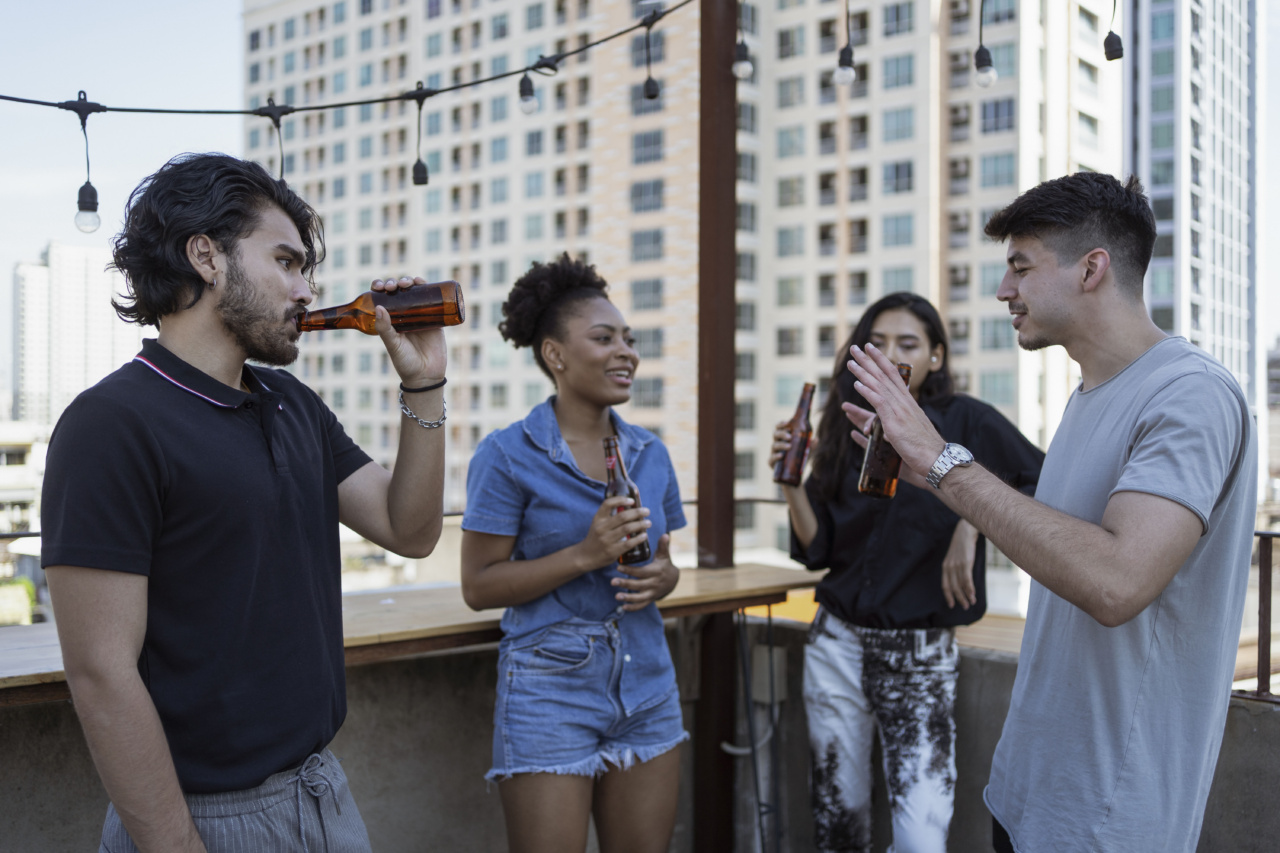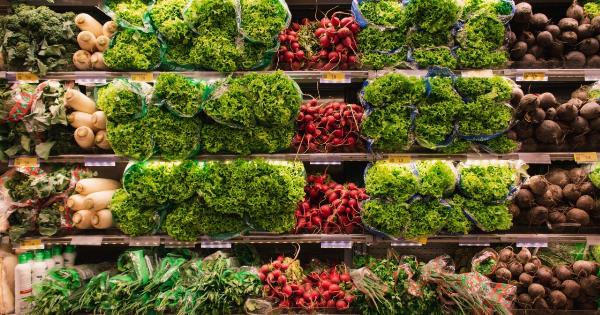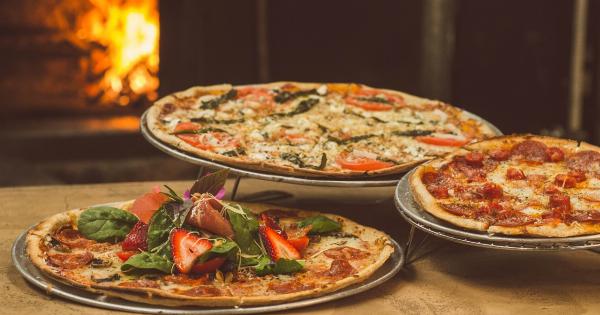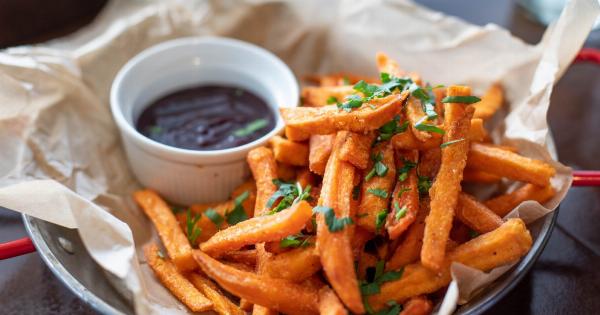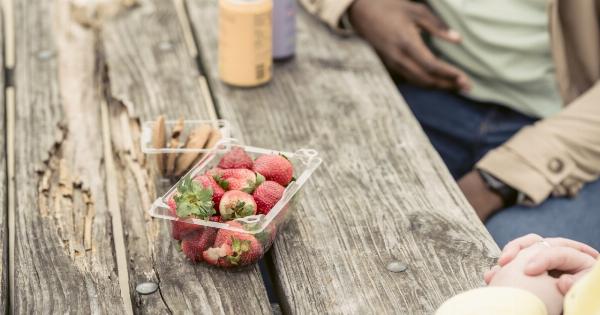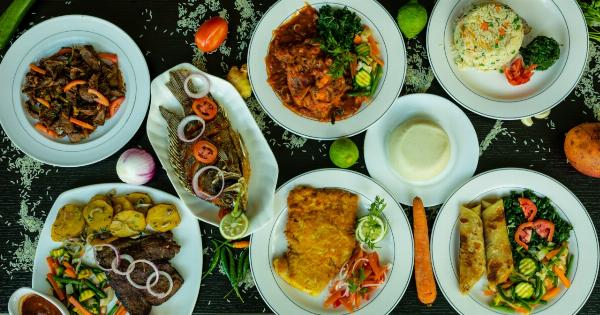The carnival is a time of excitement, dancing, and indulging. With all the delicious food and drinks available, it can be easy to lose track of the calorie count.
However, with a little knowledge, you can make informed choices and still enjoy the festivities. In this article, we will explore the calorie counts of popular drinks at the carnival, to help you make healthier choices and still have fun.
Soda
Soda is a popular drink at the carnival, but it’s also one of the most unhealthy. A 12-ounce can of soda contains an average of 140 calories and 39 grams of sugar.
Many carnival vendors offer large sizes, which can easily double or triple the calories and sugar content. If you’re looking for a healthier option, opt for water or unsweetened iced tea instead.
Lemonade
Lemonade is a classic carnival drink, but it’s also high in sugar. An 8-ounce serving of lemonade can contain up to 100 calories and 25 grams of sugar.
If you don’t want to miss out on this refreshing drink, try to limit your intake or make your own lemonade with natural sweeteners, such as honey or Stevia.
Beer
Beer is another popular drink at the carnival, but it’s also high in calories. A 12-ounce can of beer contains an average of 150 calories.
If you’re planning on drinking beer, try to limit your intake and choose lighter beers, which are lower in calories.
Margaritas
Margaritas are a fun and festive drink, but they’re also loaded with sugar and calories. A 12-ounce margarita can contain up to 500 calories and 65 grams of sugar.
If you’re looking for a healthier option, try a lighter version made with fresh juice, or limit your intake to one margarita and switch to a lower calorie drink afterwards.
Daiquiris
Daiquiris are another popular fruity drink at the carnival, but they’re also high in sugar. A 12-ounce daiquiri can contain up to 400 calories and 60 grams of sugar.
If you’re looking for a healthier option, try a version made with fresh fruit and natural sweeteners, or limit your intake to one daiquiri and switch to a lower calorie drink afterwards.
Pina Coladas
Pina coladas are a tropical drink that many people enjoy at the carnival, but they’re also high in calories and sugar. A 12-ounce pina colada can contain up to 600 calories and 90 grams of sugar.
If you’re looking for a healthier option, try a version made with fresh pineapple and coconut water, or limit your intake to one pina colada and switch to a lower calorie drink afterwards.
Bloody Marys
Bloody Marys are a savory drink that some people enjoy at the carnival, but they’re also high in calories. A 12-ounce Bloody Mary can contain up to 200 calories.
If you’re looking for a healthier option, skip the extra garnishes and opt for a virgin Bloody Mary, which is lower in calories.
Wine
Wine is a popular drink at the carnival, but it’s also high in calories. A 5-ounce glass of wine can contain up to 125 calories.
If you’re planning on drinking wine, try to limit your intake and choose red wine, which is lower in calories than white wine.
Water
Water is the best drink to stay hydrated and healthy at the carnival. It contains zero calories and is essential for maintaining good health.
Even if you’re indulging in other drinks, make sure to drink water regularly to stay hydrated and prevent overindulging.
Conclusion
The carnival is a time to have fun, but it’s important to remember that many of the popular drinks are high in calories and sugar. By making informed choices and limiting your intake, you can still enjoy the festivities without sacrificing your health.
Remember to drink water regularly to stay hydrated and healthy, and have a fun and safe time at the carnival!.
